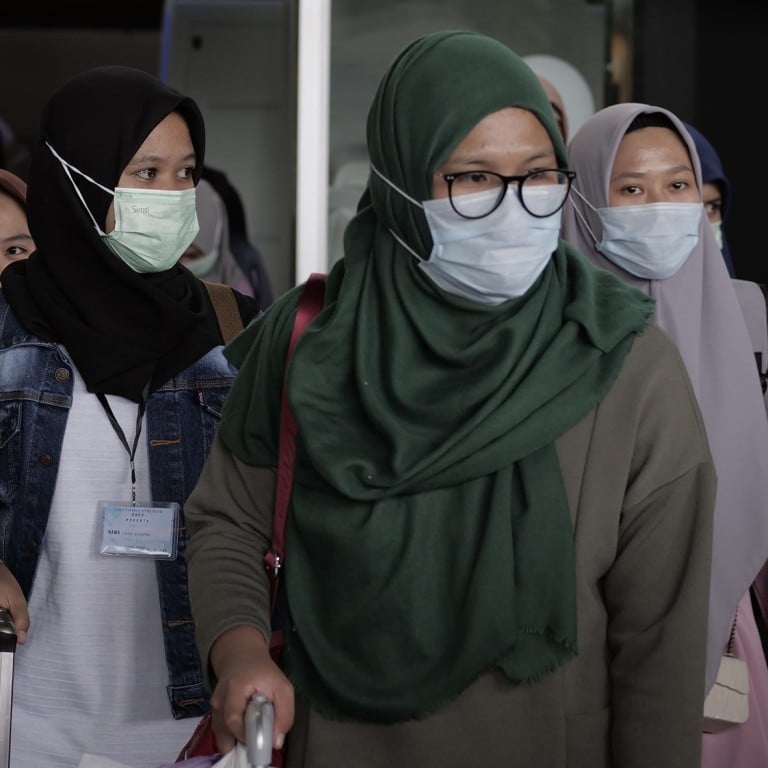
Coronavirus: Indonesia has 0 infections so far, and it’s making people fearful
- Scarred by the memory of the badly-handled H5N1 bird flu, many have been wary of the government’s insistence no one has yet tested positive for the coronavirus
- Nevertheless, officials are preparing for the worst, and businesses are bracing for the inevitable impact on the economy
On Monday, the Ministry of Health – already under pressure from questions about undetected or unreported coronavirus cases and claims online that people had already died – dismissed a Harvard University study which concluded that Indonesia should already have confirmed infections.
“Basically, the study is only a mathematical model to predict the spread of the virus with independent variables based on the volume of international travellers,” Siswanto, head of the ministry’s research and development department, told journalists on Monday.
He said the ministry had examined 62 out of 64 samples in its possession of people suspected of being infected, and all tested negative.
“We have examined them properly,” said Siswanto, calling the Harvard study a mere prediction. “We should instead be grateful as we have no cases, despite the prediction of at least six confirmed cases.”
Indonesia fears economic hit after banning live animal imports from China
The authorities have set up a hotline for the public to report suspected coronavirus cases, and raised its travel alert to Singapore to “orange” after the number of confirmed cases in the city state surpassed 40, among them an Indonesian migrant worker.
Still in the mood for bat? At this extreme market, it’s on the menu
Senior cabinet officials have also begun formal deliberations on building a special isolation hospital for coronavirus patients, and future patients of other possible outbreaks.
“Just in case,” said Mahfud MD, the country’s security minister who chaired the first meeting last week, adding that the hospital should be built near a military base or air strip, and in a remote area, for easy transport of patients.

“In short, the region has been aware of the need to have complementary frameworks in order to effectively deal with emerging communicable diseases, as we are now again confronted with,” he wrote.
List of airlines and places restricting travel to and from China
“Operations here remain normal, for most of our members, but everyone is trying to prepare in case the virus takes hold in Indonesia,” said A. Lin Neumann, managing director of the American Chamber of Commerce in Indonesia, based in Jakarta.
“The economic impact remains to be seen, but if it goes on for several months, it seems certain to take a point or two off China’s GDP growth, and that will have an impact here,” Neumann said.
Coronavirus: how a luxury cruise became ‘a floating prison’
Indonesia on Tuesday said it would increase public spending and provide incentives to the tourism industry to support domestic consumption and shield the economy from the impact of the coronavirus outbreak.
The coronavirus may knock 0.1 to 0.3 percentage point off Indonesia’s GDP growth, assuming a 1 to 2 percentage point reduction in China’s economic expansion, according to government estimates.
Additional reporting by Reuters

